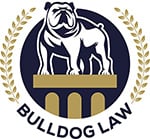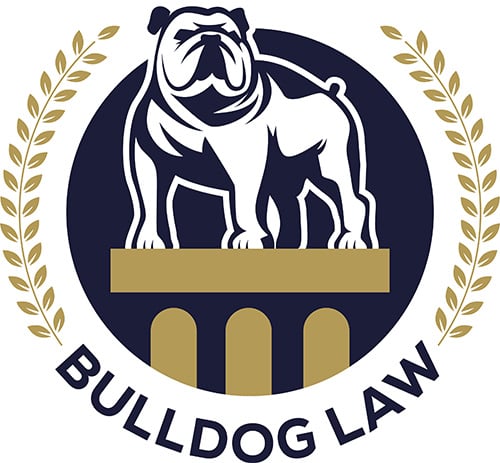In a criminal trial, to prove one’s innocence is the primary goal of an attorney. A good defense lawyer will do anything to do so. Because, after all, it is the deciding factor on what the charges will be or whether or not they will be dismissed. That is why the defense would go to extreme measures to ensure that his/her client is innocent. Using a wide variety of methods: garnering evidence, gathering witnesses, creating logically sound defenses, etc.; the defendant’s representative should incorporate every possible way to make sure they win the case. However, some methods are not automatically accepted in court; this includes the use of Polygraphs.
What is a Polygraph Test?
A polygraph is a device that monitors various internal physical responses during a polygraph test. A polygraph test, also known as a lie detector test, is a method that measures and records a variety of indicators to know whether or not a person is being deceptive with his/her responses. This is to know whether or not the person undergoing the procedure is lying.
The device measures the blood pressure, pulse, respiration, and skin conductivity while the person is being asked or interrogated. The test’s basic premise is that the polygraph will notice any physiological responses that the human eye cannot see when a person is being deceptive. However, the test’s credibility is questioned because the device cannot differentiate if the person is deceptive or just indecisive because of how different people react differently. A polygraph test is not perfect; it can be fooled. That means the result cannot ultimately consider the result as a lie, meaning it is not 100% (one hundred percent) accurate.
When is it admissible in court?
Due to the Polygraph device’s incapacity to be 100% (one hundred percent), a polygraph test results are not automatically admitted in court. For it to be accepted as and evidence, all parties involved must agree to do so. This will also include more factors other than the results themselves, like:
- The translation of the examiner,
- The condition of the examinee, and
- The physical and emotional toll of the test.
During an interrogation process, the police cannot forcefully subject a suspect or a witness to take a lie detector test. This can lead to the dismissal of evidence or a lawsuit against the officer/s who took part in the dehumanizing act.
What benefits does it provide?
A private polygraph test usually costs around two hundred ($200) to two thousand dollars ($2,000). The cost increases depending on the duration of the test. Because of its costly nature, it would be the client’s best decision to use it strategically. When used successfully, the polygraph results can give the client good leverage in winning the case; these might include:
- Plea bargain,
- Show of innocence, or
- Dismissal of charges,
- Plea bargain – by undergoing a polygraph test, the defendant may use the results as tools for a plea bargain. Doing so may imply that he/she may have committed the crime by pleading either guilty or no contest. This is used to bargain for the reduction of charges and avoiding lengthier trials.
- Innocence – the results of the test may prove that the defendant is innocent. By doing so, the defense can challenge the prosecution to perform their own test. They can compare the results and may present it to the jury to sway the case in favor of the defendant.
- Dismissal of Charges – Passing a polygraph test assumes the person is telling the truth on whether or not he/she has committed the alleged crime. This can be the deciding factor in how severe the charges can be. If the defendant has proven his/her honesty, the judge can take the results into consideration by either lessening the charges or totally dismissing the case.
Legal Support
One cannot be forced to take polygraph tests because of its inaccurate nature. That is why if a law enforcer ever forces you or anyone you know; it would be your best decision to seek the assistance of a law professional immediately. A credible defense lawyer can help you deal with the legal issues at hand. Your attorney can also help you know your rights as defendant or accused. He/she can also file a lawsuit against the officers who forcefully extracted information out of you.


